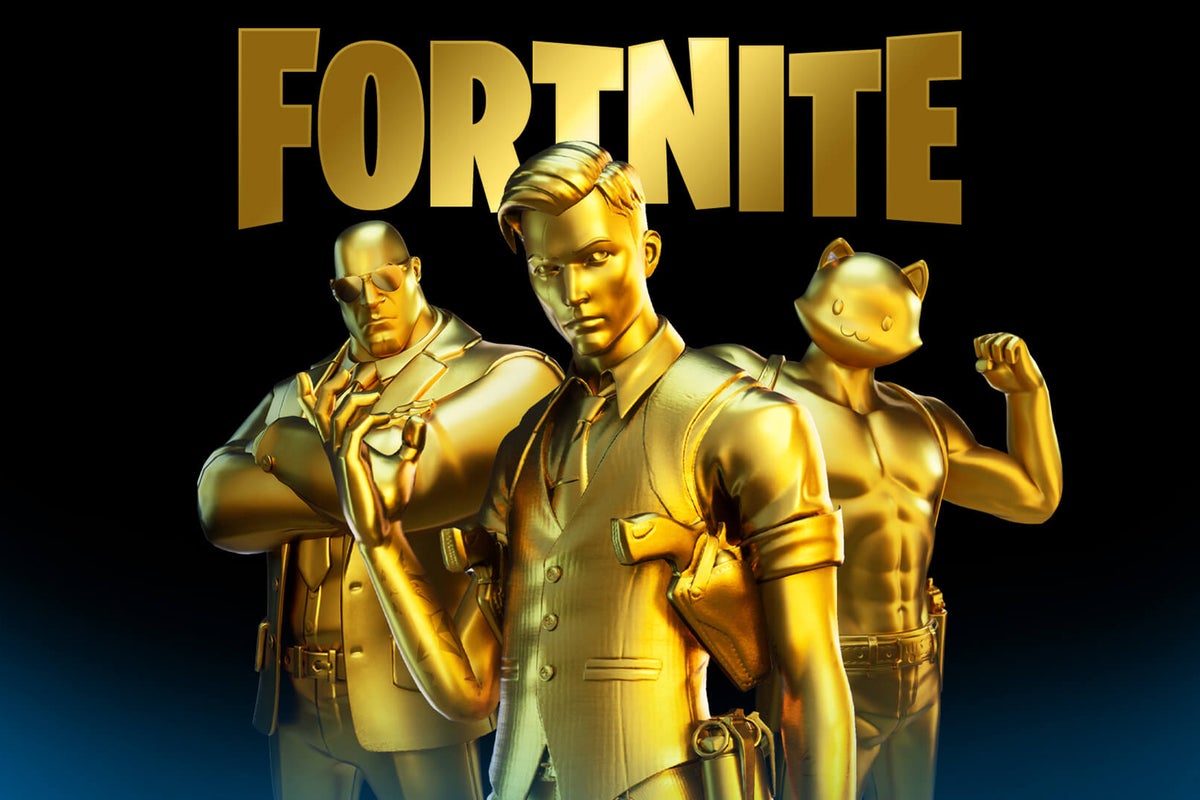
[ad_1]

Could President Trump stop you from playing Fortnite or League of Legends? That spectre arose when Trump unexpectedly added Tencent Holdings to the list of Chinese companies being targeted by recent executive orders.
Trump’s probably not trying to ruin your fun, at least not explicitly. But by roping in Tencent he’s potentially affecting a huge swath of holdings that the Chinese conglomerate owns or invests in.
The latest order actually targets WeChat, a popular messaging application owned by Tencent. The language and restrictions closely follow the wording of Trump’s first executive order extending his previous ban on TikTok, basically stating that the United States would ban the video-sharing service outright if an acquisition by Microsoft or another company were not completed in 45 days.
The crux of both orders lies within Section 1 (a), whose language differs only in the named company. “The following actions shall be prohibited beginning 45 days after the date of this order, to the extent permitted under applicable law: any transaction that is related to WeChat by any person, or with respect to any property, subject to the jurisdiction of the United States, with Tencent Holdings Ltd. (a.k.a. Téngxùn Kònggǔ Yǒuxiàn Gōngsī), Shenzhen, China, or any subsidiary of that entity, as identified by the Secretary of Commerce (Secretary) under section 1(c) of this order.”
In the case of Tencent, that would mean customers in the United States would be banned from engaging with Tencent-owned games or subsidiaries. What’s not clear is whether those users would also be prohibited from engaging with companies in which Tencent has an interest.
The list of game developers owned or invested in by Tencent is long, and includes some major names:
- Riot Games: Tencent owns Riot Games, having purchased a 93-percent stake in 2011, then acquired the remainder four years later. Riot publishes the e-sports hit League of Legends and in April bought Hypixel, which operated Minecraft servers and is believed to be developing a Minecraft rival.
- Tencent owns a 40-percent stake in Epic Games, the developer of the massive hit, Fortnite, as well as the Epic Games Store. Tencent made that investment in 2012.
- Tencent owns as much as an 11.5-percent stake in Bluehole, the developer behind PlayerUnknown’s Battlegrounds, also known as PUBG.
- Tencent owns about an 80-percent stake in Grinding Gear Games, the developer behind Path of Exile.
- In 2019, Tencent bought a majority stake in Supercell, the developer behind mobile hits Clash of Clans and Clash Royale.
PCGamer also notes that Tencent owns minor stakes in Frontier Developments (Elite: Dangerous, Planet Zoo) and Discord, the popular chat server.
As with TikTok, the Trump administration is concerned about U.S. security and the safety of U.S. data. “Like TikTok, WeChat automatically captures vast swaths of information from its users,” the order states. “This data collection threatens to allow the Chinese Communist Party access to Americans’ personal and proprietary information.”
Trump wouldn’t do that…would he?
Although there have been rumblings that the White House is not planning to target videogame subsidiaries like Riot Games, the order’s language is too vague to tell. The order goes on to say: “45 days after the date of this order, the Secretary shall identify the transactions subject to subsection (a) of this section.” In other words, until September 20 we won’t know which Tencent subsidiaries will be affected by the order.
It may seem unlikely that the Trump Administration would ban some of the most popular games in the world and risk the outrage of millions. But if it happened, it would be the most world-changing event Fortnite has ever offered.
[ad_2]
Source link